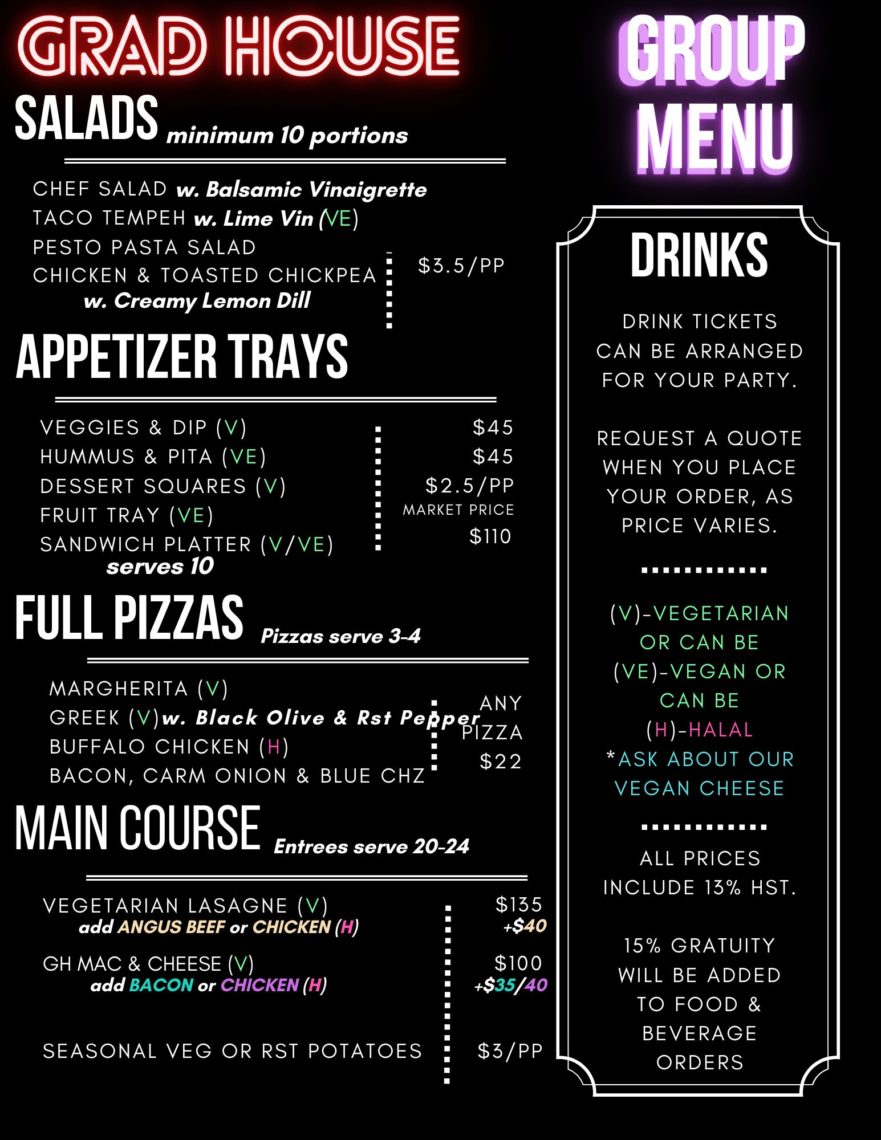FAQ for New International Graduate Students
This page includes common questions and answers for new international graduate students who are about begin their study at the University of Waterloo in addition to the Grad Ready. Questions are assigned into 6 general categories below. If you have any other questions not listed here, please contact GSA International Student Coordinator via gsa-international@uwaterloo.ca or join the International Student Discord to ask other international graduate students.
Q: What are international airports around UW?
A: There are 2 international airports around UW: one is the Lester B. Pearson International Airport (YYZ; commonly known as Toronto Pearson International Airport), and the other is the Region of Waterloo International Airport (YFK).
For international graduate students who land in Canada from YYZ, there are road transportation options to Waterloo, which is approximately two hours away. However, if international graduate students need to obtain our study permit at an international airport, YYZ is the only option in Ontario.
YFK is more helpful for those who arrive internationally in other provinces and need to take a flight to Waterloo. YFK is closer to UW than YYZ, but it has no direct public transits. Therefore, passengers need to have a car or use taxis, Uber, Lyft, or other similar services if landing in YFK.
Q: How do I travel from Toronto Pearson International Airport to University of Waterloo?
A: Please check the Student Success Office’s (SSO) article: Arranging travel to Waterloo. Make sure to click those embedded links to plan your transits.
Q: How can I pay for GRT buses and ION light rail using my WatCard?
A: As full-time international graduate students, UPass is automatically loaded and activated on our student card (i.e., WatCard). Therefore, we don’t need to do anything else. However, if you want to opt out of UPass, you have to submit your refund request during the opt out period; usually it’s the first month of each term.
For international graduate students who become “part-time” in your last term, you will automatically lose UPass because UPass is meant for “full-time” students, given the current contract between GSA-UW and GRT. Therefore, please plan your course load accordingly if you don’t want to lose your UPass in the last term.
If you still need access to the GRT, but are part time, you can purchase a GRT monthly pass online for in-person from UW Turnkey Desk in the Student Life Centre at the University of Waterloo.
Q: Can I use UPass on my WatCard for buses or trains to and within Toronto or other cities?
A: No, UPass on our WatCard can only be used on GRT and ION within Kitchener-Waterloo-Cambridge areas. For GO Bus and Flix Bus to Toronto or other cities, we will need to buy their tickets on their website, app, or at the Turnkey desk within the Student Life Centre or Davis Centre (DC Library). Once we arrive in Toronto, we need to use a Presto card for public transits in Toronto. The Presto card can also be used on GO Bus from Waterloo to Toronto or other places.
Q: Where can I buy a Presto card?
A: We can buy a Presto card and load fares at the Turnkey desk within the Student Life Centre only. If you want to enjoy student discounts on your Presto card, you need to apply for it first on this website. Once it expires, you can re-apply for it.
If you land in the Toronto Pearson Airport, you can also buy a Presto card in the airport.
Q: What are on-campus housing that international graduate students can apply for?
A: There are two options: Columbia Lake Village (both North and South) and United College’s (previously known as St. Paul) suites, private rooms, grad apartments. Please check their websites for details.
Q: What are off-campus housing that international graduate students can apply for?
A: There are many properties (rental or housing companies) and landlords around the campus. Students can check the off-campus housing website and the GSA Affordable Housing Initiative page to find vacancies, sublets, and those who are looking for roommates.
Housing opportunities can also be found on Facebook groups, Kijiji, etc. However, scams or frauds happen a lot on these sites. Therefore, we recommend international graduate students be especially careful when searching for housing or rental opportunities on these sites. General rule of thumb is that if an opportunity looks too good to be true, it’s usually a scam or fraud.
Q: I’m really struggling to find available or affordable housing around the campus. What should I do?
A: We acknowledge the housing market has been extremely competitive around UW because there are 3 universities (UW, Wilfrid Laurier University, and Conestoga College) in close distance. We recommend students not to limit yourself to housing locations near the campus. Given UPass, you can search housing in the Kitchener area where GRT buses or ION light rails can reach.
Q: How can I open Canadian bank accounts?
A: Please check our “Banking 101” International student blog post.
Q: What is a promissory note?
A: The “promissory note” refers to any document that can prove you have enough money to cover your tuition and fees for the next term, so you don’t need to pay in full by the “fees arranged” deadline. Common examples include research assistant (RA) letter, teaching assistant (TA) letter, and graduate research studentship (GRS) letter.
Students should submit our promissory note by the “fees arranged” deadline. It occurs during the last month of each term. It’s strongly recommended to submit the promissory note as soon as we receive it because it takes time for the Finance Office to process the note and update our status on Quest.
Q: What are differences among research assistant (RA), teaching assistant (TA), and graduate research studentship (GRS)?
A: Their major differences are summarized in the following table:
| RA | TA | GRS | |
| Max working hours | 20 hr/week | 20 hr/week | No limit |
Min rate* (2022-23) | Masters: $6,934.26/term Doctoral: $8,249.68/term | $7,272/term | Varies by programs, but generally same as RA |
| Tax | Taxable | Taxable | Not taxable |
| Pay Date | Last Friday of each month | Last Friday of each month | A lump sum paid to students in the beginning of a term |
*RA and TA rates are adjusted over time. For more details or the most updated information, check the UW website.
Q: What are common scholarships for international graduate students?
A: Compared to dometic graduate students, international graduate students have much less scholarship opportunities in Canada and these scholarships are highly competitive because of much smaller quotas. In addition, these scholarships are mostly for research-based international graduate students, although the Ontario Graduate Scholarship (OGS) are for both research-based and course-based international graduate students.
To find these scholarship opportunities, please use Graduate Studies and Postdoctoral Affairs’ (GSPA) graduate funding and awards database.
Q: Are there any other funding opportunities for international graduate students?
A: Yes, there are other funding opportunities in Canada, but still highly competitive. In addition to those listed in the GSPA’s graduate funding and awards database, the following are some other funding opportunities:
- Mitacs’ internships and fellowships
- Canadian Institutes of Health Research (CIHR) Health System Impact Fellowship
- Pierre Elliott Trudeau Scholarship
We also recommend international graduate students to find any other funding opportunities in their home country that encourage its citizens to study abroad in Canada.
Q: What is UHIP?
A: UHIP stands for “University Health Insurance Plan” and it is for eligible international students studying or working at participating universities in Ontario. It is similar to the Ontario Health Insurance Plan (OHIP) offered to Ontario residents who meet its eligibility. For international graduate students who are eligible for OHIP, you can opt out of UHIP. Please check OHIP’s eligibility on its website.
Q: What services does UHIP cover?
A: UHIP generally covers services performed in a hospital.
- In-patient and out-patient hospital services
- Physician services
- Lab and diagnostic testing
- Home care services
- Some other specific programs available to an Ontario resident by the Ministry of Health (for example, Assistive Devices Program (ADP)).
For the most updated details, please check UHIP’s website. Please be aware that most coverages will require pre-approval from the insurance provider, except for emergencies.
Please also be familiar with services not covered by UHIP on its website.
Q: How do I enroll in UHIP?
A: In general, international graduate students are automatically opted in by the University, so we don’t have to enroll in by ourselves. However, please remember to download and save our UHIP card on our smartphone every term after we receive the latest card via email.
Q: How do I enroll my dependents in UHIP?
A: We will automatically receive emails from UHIP for relevant instructions, so please follow the instructions as soon as we receive the email.
Q: If I already have UHIP, why should I also enroll in the GSA Health Plan and Dental Plan?
A: The GSA Health Plan and Dental Plan cover services not covered by UHIP. For example, UHIP doesn’t cover prescriptions drugs outside hospitals, vision examinations, dental services, etc. In other words, the GSA Health Plan and Dental Plan are supplementary to our basic UHIP. Therefore, we recommend students not to opt out the GSA Health Plan and Dental Plan.
Q: What services do the GSA Health Plan and Dental Plan cover?
A: Please check GSA Health Plan and Dental Plan webpages. These two plans are offered by StudentCare. If you have any questions about the services, please directly contact StudentCare.
Q: How can I check if my mobile phone is compatible with Canada’s sim card and telecom network?
A: You can check the mobile phone compatibility on Kimovil or other similar websites.
Q: What are mobile plans for us?
A: It depends on your budget. The Big 3 telecoms are Bell, Rogers, and Telus. The fourth is Shaw, but it’s in the process to be merged with Roger, pending legal approvals. Their mobile plans are generally more expensive, despite promotions or discounts. Most international graduate students would choose their budget brands for cheaper plans shown in the following table:
Owner | Budget Brands |
Bell | Virgin Mobile |
Lucky Mobile | |
Rogers | Fido |
Chatr | |
Telus | Koodo |
Public Mobile | |
Shaw | Freedom |
Most of these owners and their budget brands can be bought at shopping malls or online. We recommend students to search their websites first to compare coverage, plans, promotions, or discounts before placing an online order or visiting their physical stores.
Areas around University of Waterloo have pretty good coverage across all owners and budget brands, but the coverage will differ on highways and countrysides. Generally speaking, the owners will have better coverage than their budget brands outside cities.
However, we recommend you check which owner provides Internet at your rental place; then choose a budget brand different from the owner if prices are comparable. This will help mitigate the risk of losing both Internet and mobile data/phone calls simultaneously if it happens. You can Google news regarding Rogers when all of its services went down; even 9-1-1 was not available.


